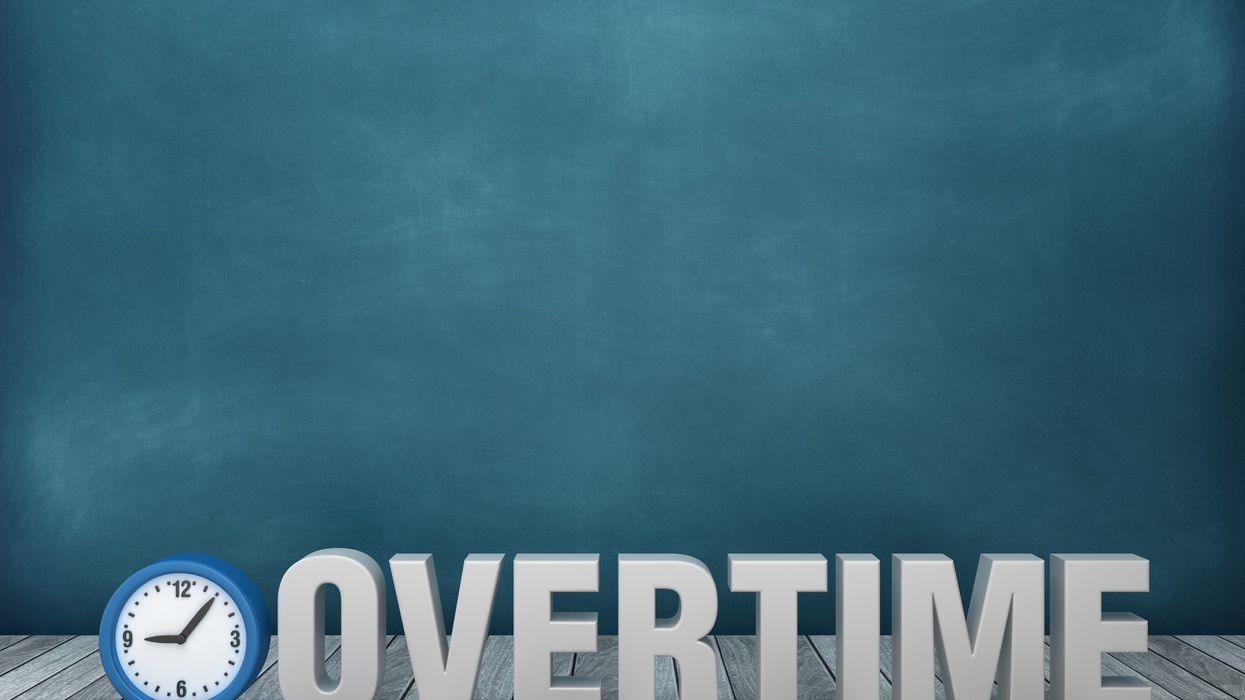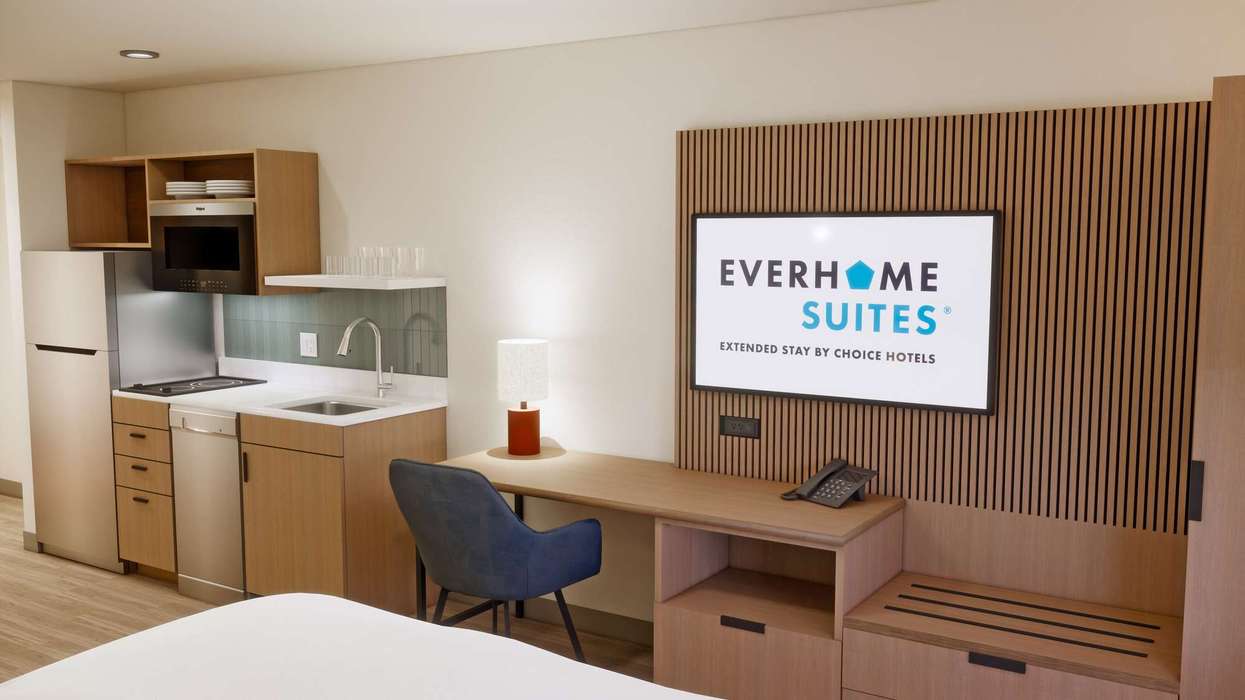THE DEPARTMENT OF Labor's recent proposal to raise the minimum salary threshold for employees to be classified as salaried executive, administrative, and professional employees would exempt them from overtime pay requirements under the Fair Labor Standards Act. The American Hotel & Lodging Association says the change is bad for hotels and their employees.
The proposal also entails an automatic threshold update every three years, marking the second increase by the DOL in less than 5 years. According to the DOL's proposal, employees who fail to qualify for the FLSA's 'white collar' exemption criteria must receive overtime pay for hours worked beyond 40 in a workweek.
“For over 80 years, a cornerstone of workers’ rights in this country is the right to a 40-hour workweek, the promise that you get to go home after 40 hours or you get higher pay for each extra hour that you spend laboring away from your loved ones,” said Julie Su, acting secretary. “I’ve heard from workers again and again about working long hours, for no extra pay, all while earning low salaries that don’t come anywhere close to compensating them for their sacrifices. Today, the Biden-Harris administration is proposing a rule that would help restore workers’ economic security by giving millions more salaried workers the right to overtime protections if they earn less than $55,000 a year. Workers deserve to continue to share in the economic prosperity of Bidenomics.”
However, AHLA said the proposal could restrict opportunities for managerial and workforce development, including remote work, travel, and career advancement.
"Hotels support millions of jobs and drive billions of dollars to state and local economies every year," said Chip Rogers, AHLA’s president and CEO. "The Labor Department's proposal for yet another overtime salary threshold increase is a highly disruptive change that could have adverse economic effects on both hotel workers and employers."
"Small business owners are still contending with escalating business costs and inflationary pressures," Rogers said. "If enacted, the DOL's proposal would not only lead to substantial labor cost increases for employers but also considerable tax hikes and administrative expenses. Such a one-size-fits-all federal mandate fails to consider the industry's growing reliance on flexible work arrangements and emerging opportunities."
Rogers further said that the proposal could hinder employee career advancement by compelling businesses to reclassify numerous workers from salaried to hourly positions, potentially eliminating middle management roles, cutting work hours, consolidating jobs, and exerting significant upward pressure on the entire pay scale, a challenge that small businesses may struggle to address.
“Furthermore, the proposed rule's extremely tight implementation timeline imposes additional and unnecessary burdens on small businesses grappling with these new regulations,” he said.
AHLA anticipates sharing concerns and the implications for Main Street with the Labor Department during the comment period.
The DOL proposal aims to increase the salary threshold by nearly 55 percent to $55,068 and periodically adjust it every three years, linking it to the 35th percentile of earnings for full-time salaried workers in the lowest-wage Census Region (currently the South).
Four years ago, the DOL raised the minimum salary threshold by 50.3 percent to $35,568, requiring all employees earning below this amount to receive overtime pay for hours worked beyond 40 in a week.
In June, AHLA joined lawmakers in opposing potential DOL rule changes to raise the salary exemption threshold for certain Fair Labor Standards Act employees. The group had already sent letters to the DOL, cautioning against the proposed increase for executive, administrative, and professional employees, citing potential adverse economic consequences.






